Dinkić: Cooperation with DSS only at local level
Mlađan Dinkić says cooperation with the DSS-NS is only possible at municipal level, while a government is possible “in the distant future.”
Wednesday, 23.04.2008.
09:30

Mladjan Dinkic says cooperation with the DSS-NS is only possible at municipal level, while a government is possible “in the distant future.” According to the G17 Plus leader, that government is possible “if [Prime Minister Vojislav] Kostunica and [New Serbia leader Velimir] Ilic return to their old selves that fought against [Slobodan] Milosevic and the Radicals in the Nineties, and if they return to the policies that lead Serbia into the EU.“ Dinkic: Cooperation with DSS only at local level “Until then, I think it will be impossible to be in the same government, which doesn’t mean that we won’t be able to work with their parties at local level,“ Dinkic told B92’s Poligraf. He added that local cooperation came down to the principle of “whether someone wants the best for the area they live in, not what their leaders think.“ Asked whether the same principle could apply at republic level, the G17 Plus leader replied: “Of course, and I believe that the majority of Democratic Party of Serbia (DSS) and New Serbia (NS) members at local level support Serbia’s EU integration. I’m convinced that it is only out of loyalty that they showing their obedience to this anti-state policy that Kostunica and Ilic have been leading these last three months.“ “It doesn’t matter to us if we’ll be in power, but it does matter to us whether Serbia will head towards the EU. G17 supports everything that benefits Serbian citizens,“ he stressed. Asked who would be more acceptable as coalition partners, the DSS or the Socialists, Dinkic replied: “Anyone who can help speed up Serbia’s entry into the EU, though I don’t think Kostunica can revert back to pro-European policy in such a short space of time.“ The G17 Plus leader said that the Stabilization and Association Agreement (SAA) with the EU, where article 135 regulates Kosovo’s position remains unchanged and vital, above all, for the economy, as it allows the certainty of Serbia’s future duty-free export to EU countries. “If we don’t sign that agreement, and suppose we get a DSS, Radical government that refuses to enter the EU, in two years’ time customs duty on exports would be reintroduced on all of our food and industrial produce going to the EU, because the breaks that the EU gave us unilaterally, in the sense of duty-free exports to the EU, last only until 2010,“ he explained. One other tangible benefit of EU entry that he cited was the development of infrastructure, as adopted by Greece, Spain and Portugal, once the least developed countries. “We need to behave like Ireland, which never recognized Northern Ireland’s independence, but it entered the EU and became one of the most affluent member-states with a GDP of USD 40,000 per head,“ Dinkic concluded. Mladjan Dinkic (Tanjug, archive)
Dinkić: Cooperation with DSS only at local level
“Until then, I think it will be impossible to be in the same government, which doesn’t mean that we won’t be able to work with their parties at local level,“ Dinkić told B92’s Poligraf.He added that local cooperation came down to the principle of “whether someone wants the best for the area they live in, not what their leaders think.“
Asked whether the same principle could apply at republic level, the G17 Plus leader replied: “Of course, and I believe that the majority of Democratic Party of Serbia (DSS) and New Serbia (NS) members at local level support Serbia’s EU integration. I’m convinced that it is only out of loyalty that they showing their obedience to this anti-state policy that Koštunica and Ilić have been leading these last three months.“
“It doesn’t matter to us if we’ll be in power, but it does matter to us whether Serbia will head towards the EU. G17 supports everything that benefits Serbian citizens,“ he stressed.
Asked who would be more acceptable as coalition partners, the DSS or the Socialists, Dinkić replied: “Anyone who can help speed up Serbia’s entry into the EU, though I don’t think Koštunica can revert back to pro-European policy in such a short space of time.“
The G17 Plus leader said that the Stabilization and Association Agreement (SAA) with the EU, where article 135 regulates Kosovo’s position remains unchanged and vital, above all, for the economy, as it allows the certainty of Serbia’s future duty-free export to EU countries.
“If we don’t sign that agreement, and suppose we get a DSS, Radical government that refuses to enter the EU, in two years’ time customs duty on exports would be reintroduced on all of our food and industrial produce going to the EU, because the breaks that the EU gave us unilaterally, in the sense of duty-free exports to the EU, last only until 2010,“ he explained.
One other tangible benefit of EU entry that he cited was the development of infrastructure, as adopted by Greece, Spain and Portugal, once the least developed countries.
“We need to behave like Ireland, which never recognized Northern Ireland’s independence, but it entered the EU and became one of the most affluent member-states with a GDP of USD 40,000 per head,“ Dinkić concluded.


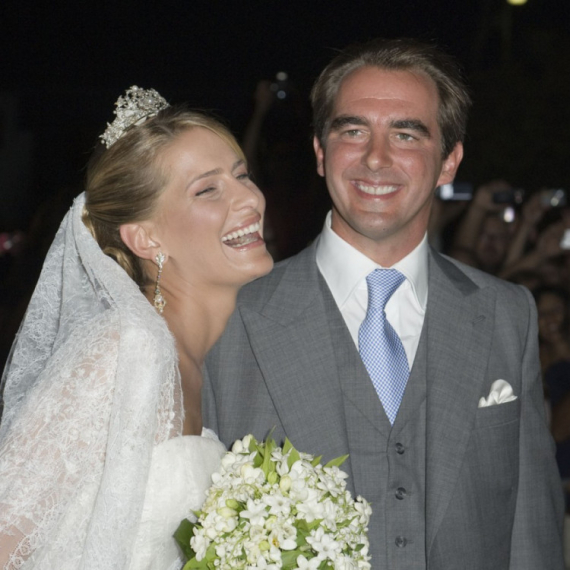







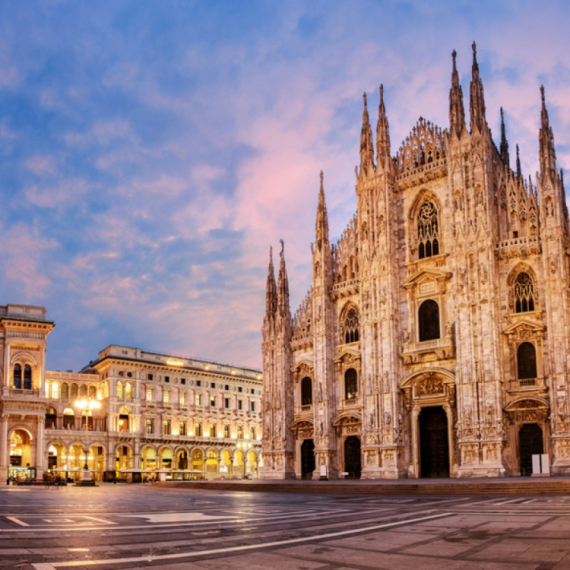

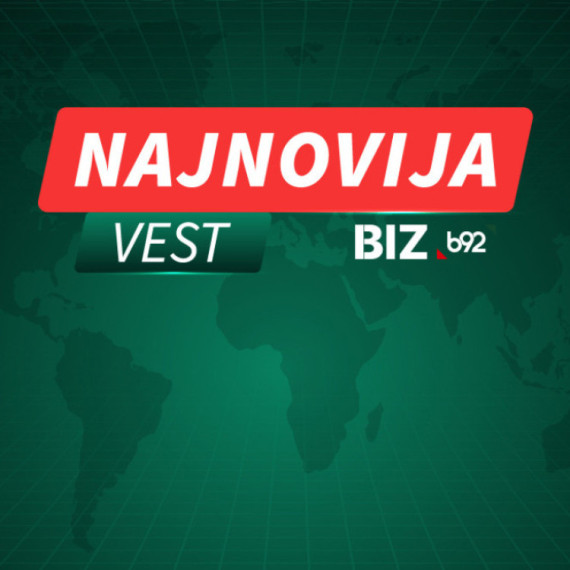
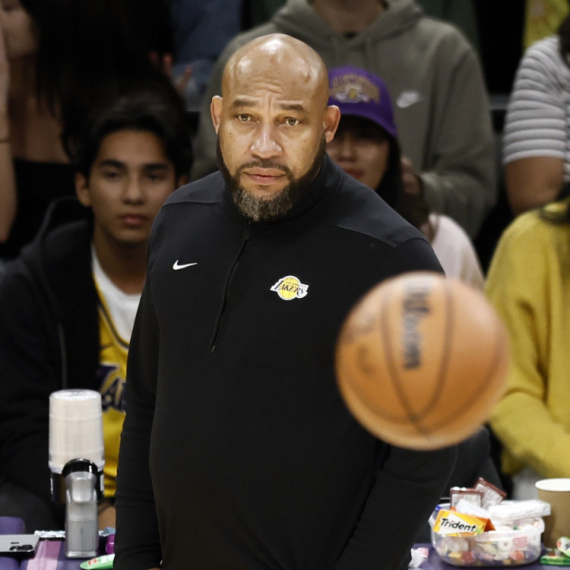


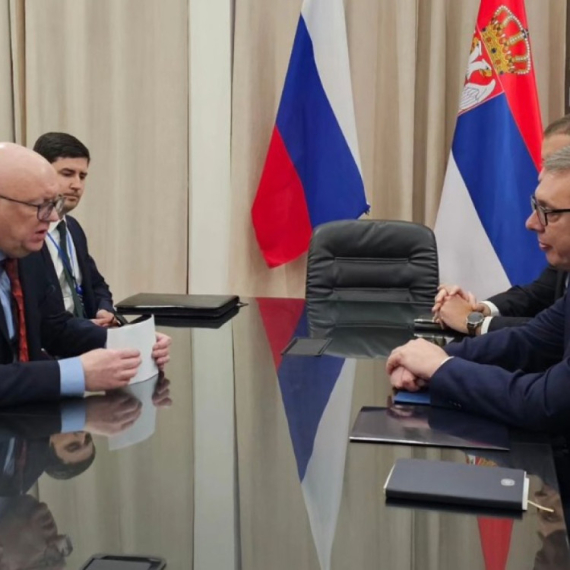
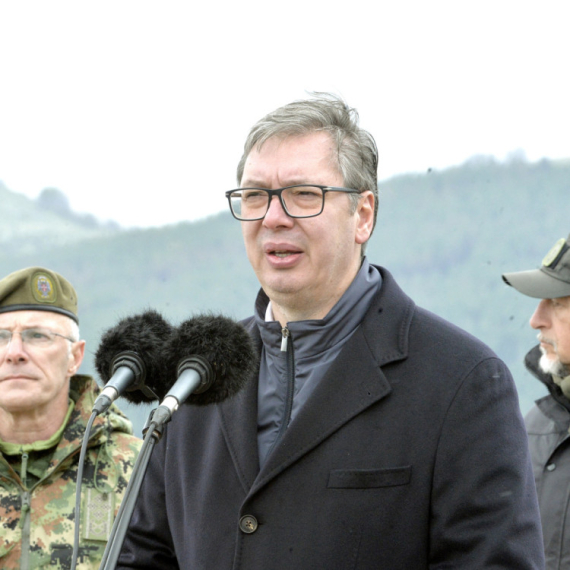
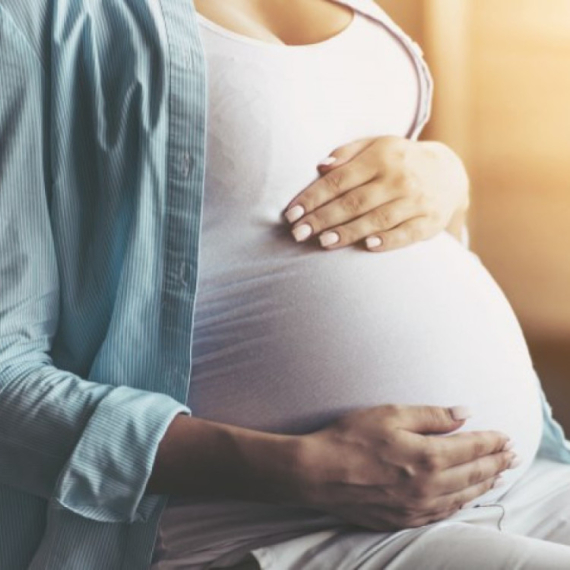





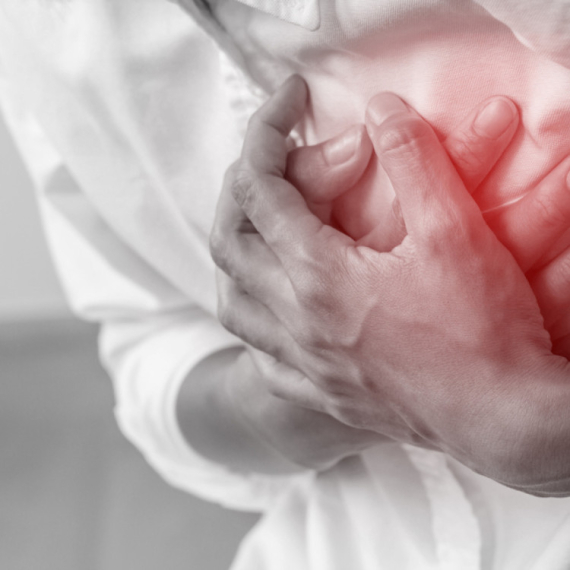

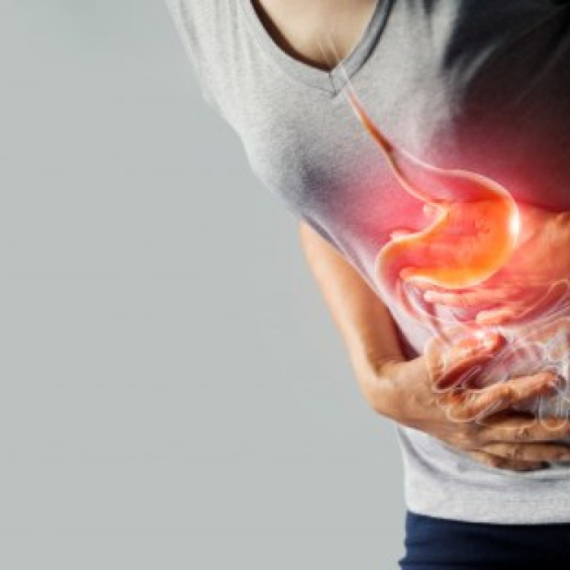
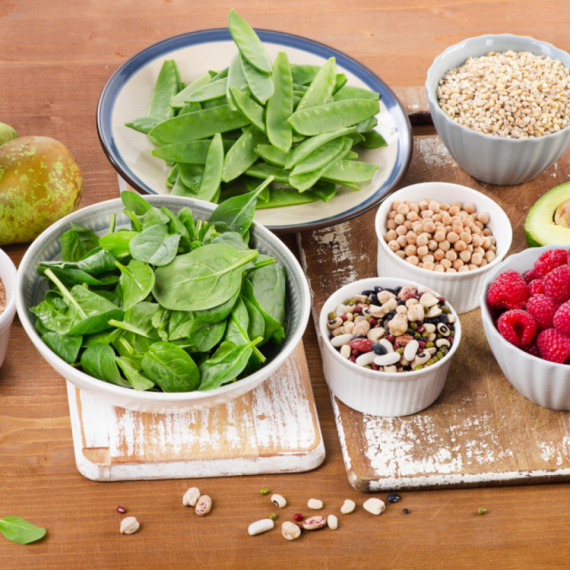




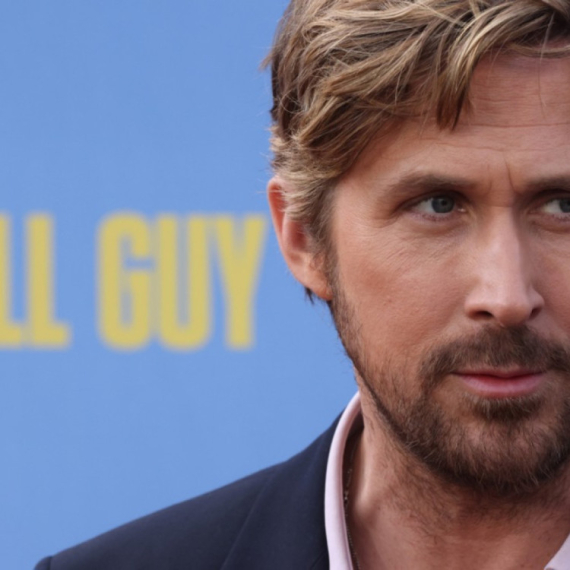





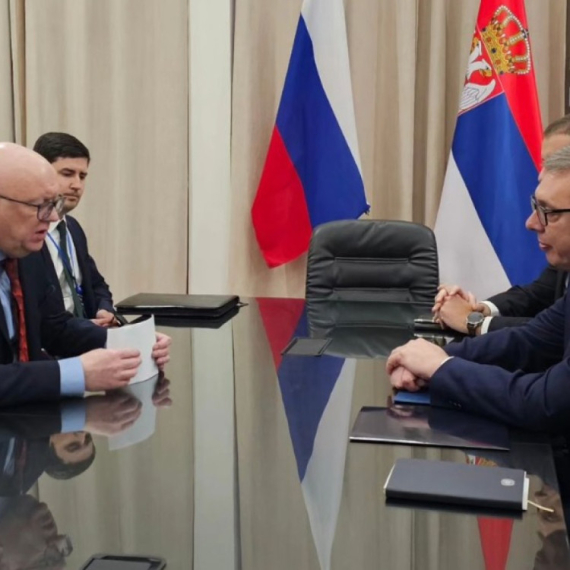

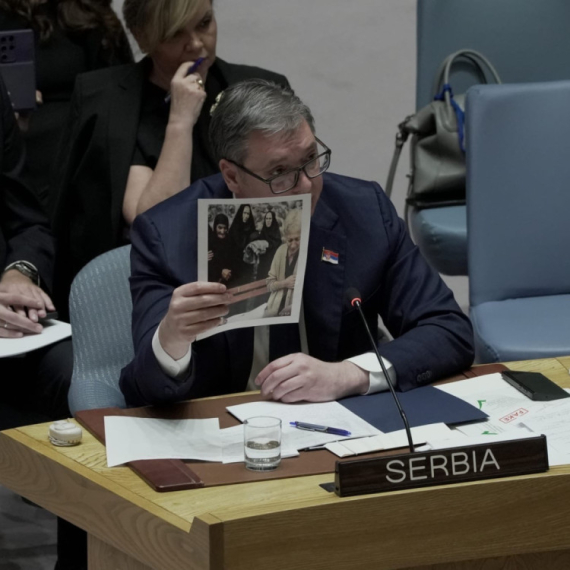

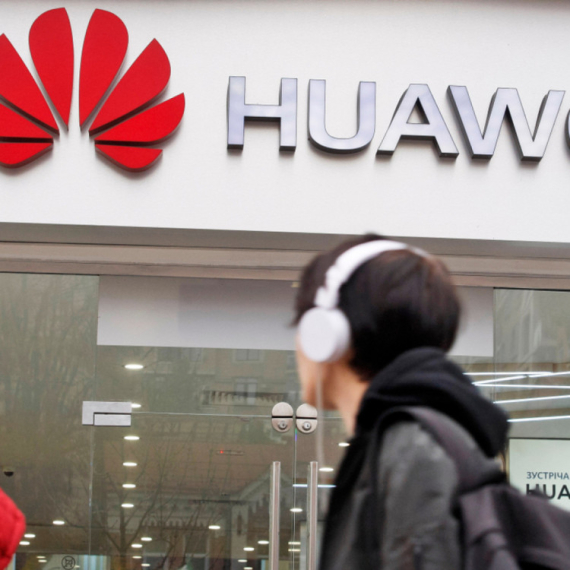
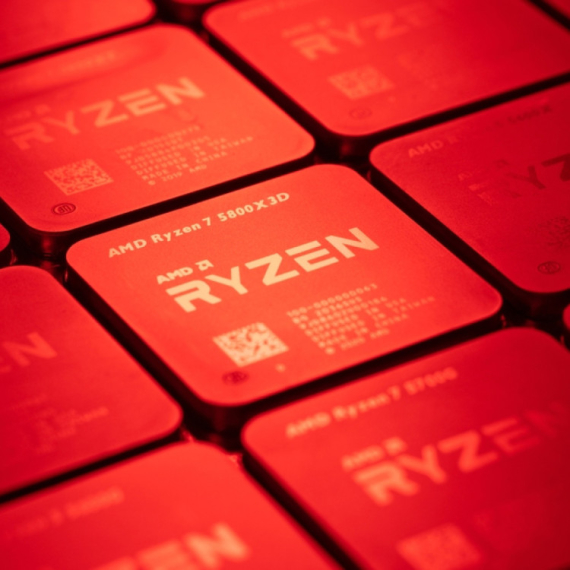

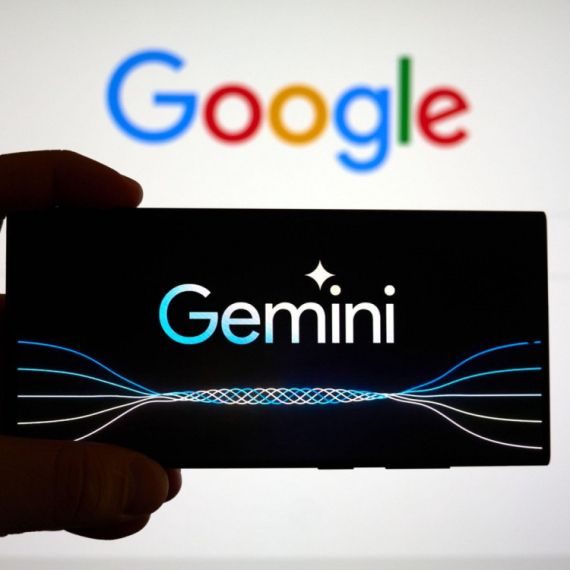
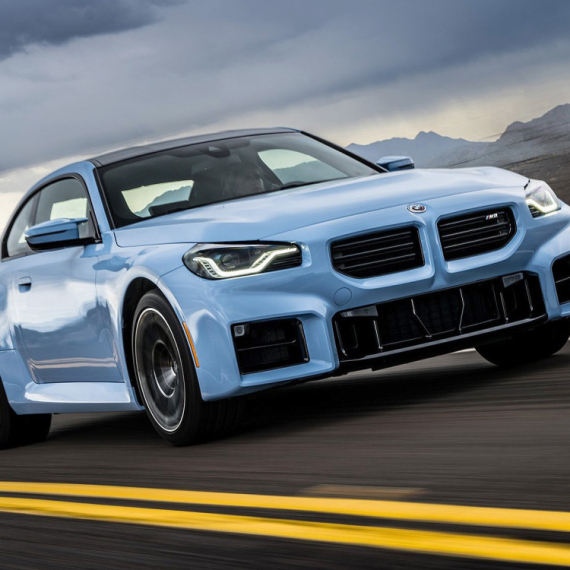
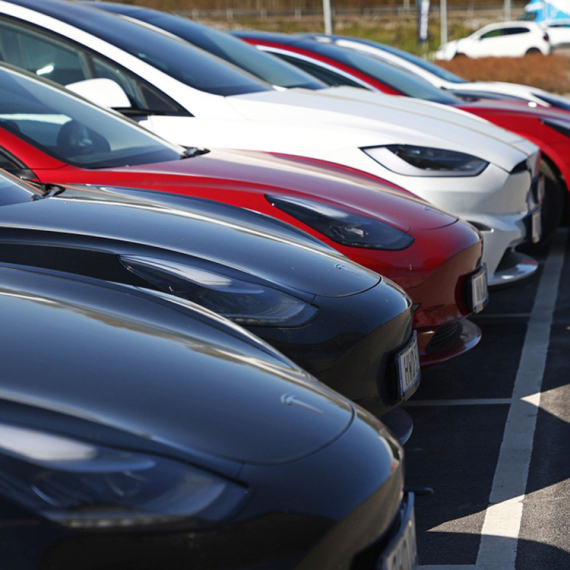

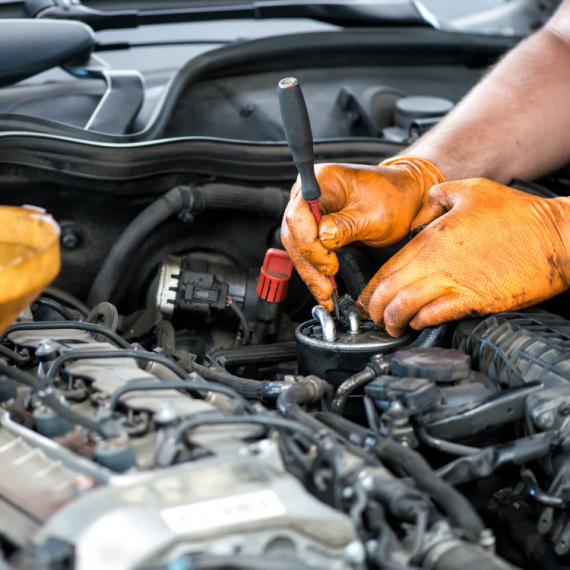
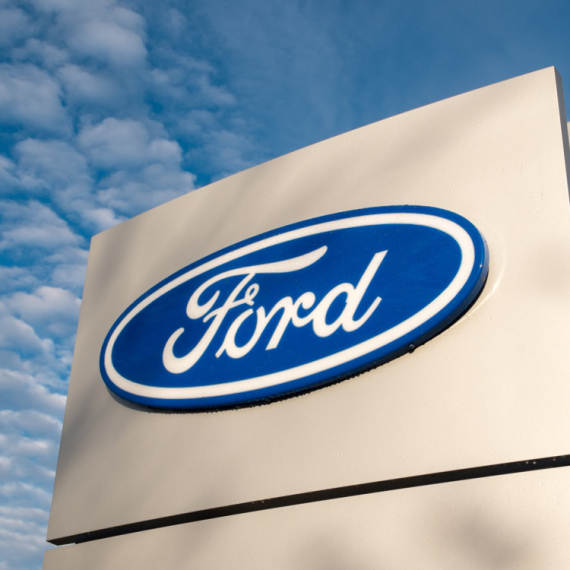

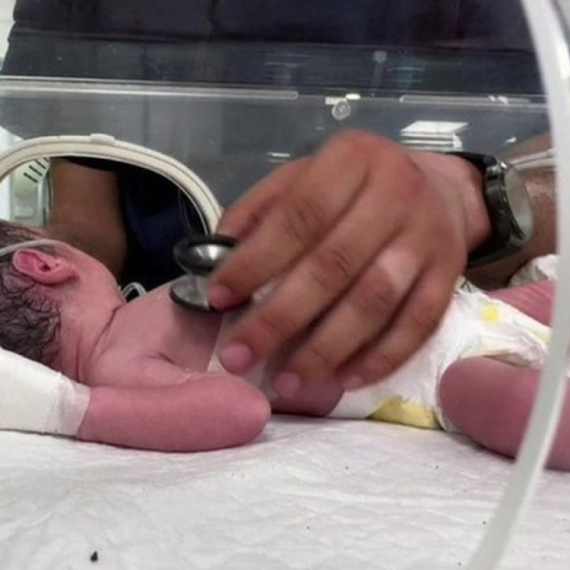


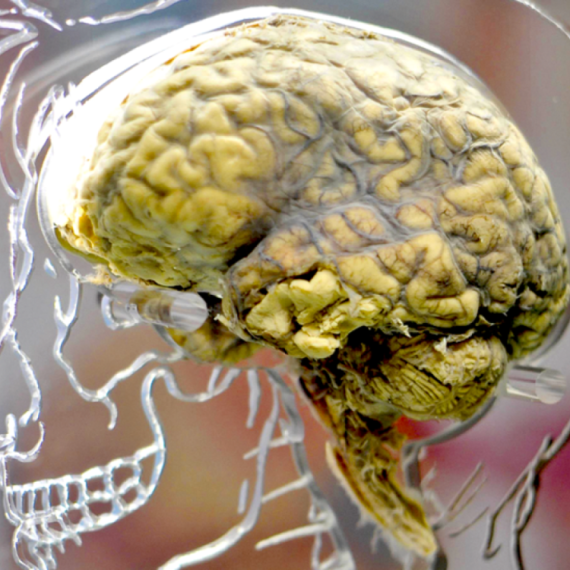

Komentari 2
Pogledaj komentare